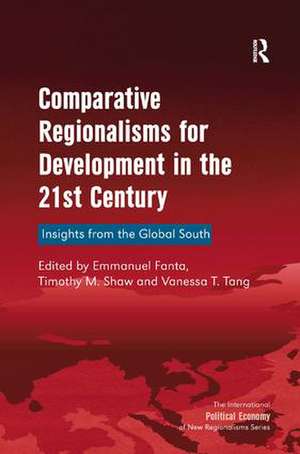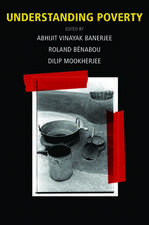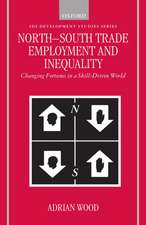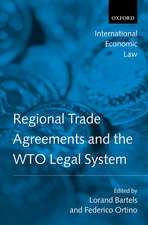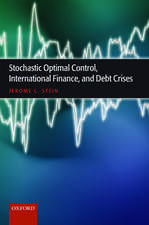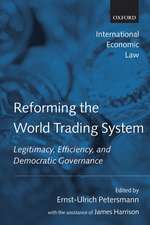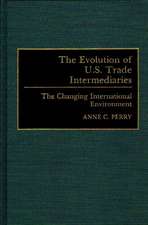Comparative Regionalisms for Development in the 21st Century: Insights from the Global South: New Regionalisms Series
Autor Timothy M. Shaw Editat de Emmanuel Fantaen Limba Engleză Hardback – 18 sep 2013
Din seria New Regionalisms Series
-
 Preț: 312.34 lei
Preț: 312.34 lei -
 Preț: 311.41 lei
Preț: 311.41 lei -
 Preț: 295.51 lei
Preț: 295.51 lei - 15%
 Preț: 715.33 lei
Preț: 715.33 lei - 15%
 Preț: 672.40 lei
Preț: 672.40 lei - 18%
 Preț: 1060.25 lei
Preț: 1060.25 lei - 18%
 Preț: 1000.27 lei
Preț: 1000.27 lei -
 Preț: 374.20 lei
Preț: 374.20 lei -
 Preț: 374.58 lei
Preț: 374.58 lei - 26%
 Preț: 818.67 lei
Preț: 818.67 lei - 26%
 Preț: 765.43 lei
Preț: 765.43 lei - 18%
 Preț: 1003.43 lei
Preț: 1003.43 lei - 15%
 Preț: 703.90 lei
Preț: 703.90 lei - 25%
 Preț: 768.10 lei
Preț: 768.10 lei - 25%
 Preț: 766.85 lei
Preț: 766.85 lei - 18%
 Preț: 1061.81 lei
Preț: 1061.81 lei -
 Preț: 380.54 lei
Preț: 380.54 lei - 31%
 Preț: 766.31 lei
Preț: 766.31 lei - 25%
 Preț: 769.37 lei
Preț: 769.37 lei - 31%
 Preț: 767.20 lei
Preț: 767.20 lei - 25%
 Preț: 770.98 lei
Preț: 770.98 lei - 18%
 Preț: 1054.71 lei
Preț: 1054.71 lei - 26%
 Preț: 821.82 lei
Preț: 821.82 lei -
 Preț: 369.73 lei
Preț: 369.73 lei - 18%
 Preț: 1057.40 lei
Preț: 1057.40 lei - 18%
 Preț: 1005.01 lei
Preț: 1005.01 lei - 18%
 Preț: 1008.17 lei
Preț: 1008.17 lei - 18%
 Preț: 1109.66 lei
Preț: 1109.66 lei - 15%
 Preț: 669.94 lei
Preț: 669.94 lei - 18%
 Preț: 1055.84 lei
Preț: 1055.84 lei - 18%
 Preț: 1006.60 lei
Preț: 1006.60 lei - 18%
 Preț: 703.30 lei
Preț: 703.30 lei - 15%
 Preț: 703.08 lei
Preț: 703.08 lei - 18%
 Preț: 1056.00 lei
Preț: 1056.00 lei - 25%
 Preț: 825.63 lei
Preț: 825.63 lei - 18%
 Preț: 1056.95 lei
Preț: 1056.95 lei - 18%
 Preț: 1000.27 lei
Preț: 1000.27 lei - 18%
 Preț: 1058.38 lei
Preț: 1058.38 lei - 15%
 Preț: 669.94 lei
Preț: 669.94 lei - 30%
 Preț: 849.78 lei
Preț: 849.78 lei - 28%
 Preț: 822.86 lei
Preț: 822.86 lei - 18%
 Preț: 1005.80 lei
Preț: 1005.80 lei - 18%
 Preț: 1056.28 lei
Preț: 1056.28 lei - 26%
 Preț: 766.31 lei
Preț: 766.31 lei - 18%
 Preț: 1057.09 lei
Preț: 1057.09 lei - 30%
 Preț: 769.37 lei
Preț: 769.37 lei - 18%
 Preț: 1108.37 lei
Preț: 1108.37 lei - 26%
 Preț: 847.31 lei
Preț: 847.31 lei - 28%
 Preț: 737.94 lei
Preț: 737.94 lei
Preț: 768.64 lei
Preț vechi: 1030.01 lei
-25% Nou
Puncte Express: 1153
Preț estimativ în valută:
147.08€ • 153.56$ • 121.73£
147.08€ • 153.56$ • 121.73£
Carte tipărită la comandă
Livrare economică 04-18 aprilie
Preluare comenzi: 021 569.72.76
Specificații
ISBN-13: 9781409465201
ISBN-10: 1409465209
Pagini: 294
Dimensiuni: 156 x 234 mm
Greutate: 0.7 kg
Ediția:New.
Editura: Taylor & Francis
Colecția Routledge
Seria New Regionalisms Series
Locul publicării:Oxford, United Kingdom
ISBN-10: 1409465209
Pagini: 294
Dimensiuni: 156 x 234 mm
Greutate: 0.7 kg
Ediția:New.
Editura: Taylor & Francis
Colecția Routledge
Seria New Regionalisms Series
Locul publicării:Oxford, United Kingdom
Recenzii
’This volume significantly enhances our understanding of comparative regionalism and is especially invaluable for those looking for authentic and empirically rich insights from the South - a rarity in writings on international relations generally and regional integration particularly.’ Amitav Acharya, American University, Washington DC, USA ’A sensible, informative and thought-provoking collection emphasizing the importance of regionalism in Africa and beyond. Human capital development, technological innovation and good governance are critical for the long-term economic success of the Global South.’ Zolani Dyosi, National Research Foundation Technology and Human Resources and Industry Programme, South Africa ’Provides an important appraisal of comparative regionalism in, and for, the 21st century. Policy makers and scholars will be encouraged to reflect on the political, and political economy developments that are shaping a new governance trajectory for development.’ Trudi Hartzenberg, Trade Law Centre, South Africa
Cuprins
Introduction Comparative Regionalisms for Development in the 21st Century: Insights from the Global South; 1: Competitive Bilateralism or Regionalism: A South African Perspective; 2: Understanding Regional Integration Policies in Africa; 3: UNASUR in the Context of a Changing Regional Environment: Prospects and Challenges; 4: Constraints to Regional Integration in Central Africa; 5: Development in the Caribbeans After a Half-century of Independence: Insights from Regional and Transnational Perspectives; 6: Regional Integration in the Pacific; 7: Regional Aid for Trade in Africa: Time to Walk the Talk; 8: Food Security in ECOWAS; 9: Impact of Regional Integration on Human Rights Protection in Africa; 10: The Role of Regional Parliaments in Enhancing Democracy in the South; 11: Regional Economic Integration in Africa: Impediments to Progress? 1; 12: Regional Formations and Global Governance 1; ConclusionNew Regionalisms: Beyond NETRIS 1
Descriere
This responding volume has four interrelated topics. It explores the transformation taking place in/with regard to the financing of development in the Global South and the apparition of new players in the field. The emergence of 'New Regionalisms' in the South and the usefulness of these experiences for comparative studies of regional relationship is explicated. It turns its attention to new forms of transnational governance that are emerging and the role that a novelty of actors play in this 'new multilateralism'. Finally, it looks into the implications of this trio of novel directions and players for analyses and policies.
